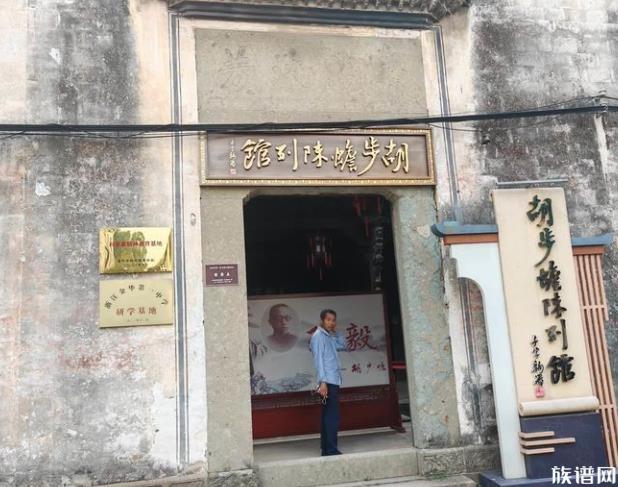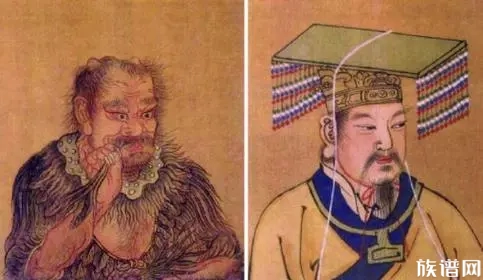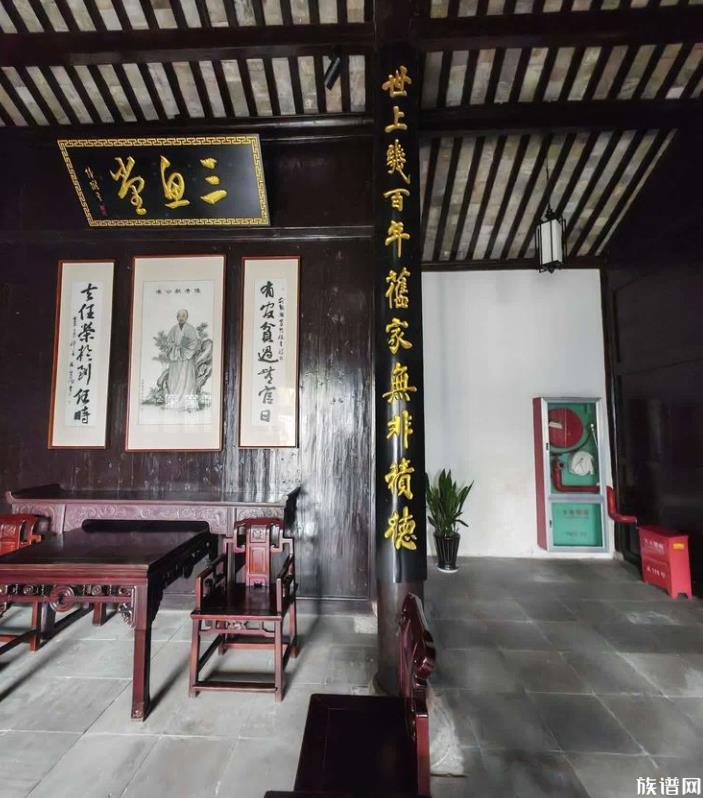



纳姆迪·阿齐基韦
生平
阿齐基韦1904年11月16日出生于尼日利亚宗盖鲁,父母是伊博人(Igbo),父亲奥贝德-埃多姆·楚克沃梅卡·阿齐基韦(Obed-Edom Chukwuemeka Azikiwe)(1879–1958),尼日利亚英国殖民政府的一个小职员。母亲名为拉切尔·奥格本亚努·阿齐基韦(Rachel Ogbenyeanu Azikiwe)。纳姆迪在伊博语里的意思是“我的父亲活着”("My father is alive")。
阿齐基韦1925年—1934年在美国受教育和工作,1930年毕业于宾夕法尼亚州的林肯大学,1933年在宾夕法尼亚大学获得硕士学位,返回尼日利亚前在林肯大学担任讲师。1944年回国后与赫伯特·麦考利(Herbert Macaulay)创建了尼日利亚和喀麦隆国民议会(National Council of Nigeria and the Cameroons,NCNC),1946年被选为NCNC,并当选为尼日利亚立法委员会成员。1953年担任尼日利亚东区首席部长,后成为总理。他领导尼日利亚和喀麦隆国民议会参加独立之前的1959年联邦选举,成功的与强有力的北方人民大会党组成临时政府,但后者的领导人阿布巴卡尔·塔法瓦·巴勒瓦(Abubakar Tafawa Balewa)取得了尼日利亚总理这一重要职位。他得到的大部分是荣誉职务,先是在1960年1月1日任参议院议长,然后是在1960年11月16日出任总督,最后是在1963年10月1日出任首任总统。1966年1月15日在一场军事政变中被推翻下台。
1967年5月30日,东尼日利亚军事长官楚克沃梅卡·奥杜梅古·奥朱古(Chukwuemeka Odumegwu Ojukwu)陆军中校宣布该地区脱离尼日利亚并宣布成立比亚法拉共和国,比夫拉内战爆发(1967-1970)。阿齐基韦首先支持他的伊博族人,在1968年周游各国,争取其他非洲国家承认比夫拉并给予支持。但在1969年转而支持,遭到批评。此后,成为反对执政党的领导人之一。
1972年到1976年阿齐基韦担任拉各斯大学校长,1978年加入新成立的尼日利亚人民党,1979年和1983年两次作为尼日利亚人民党候选人参加总统竞选,但遭到失败。1983年12月31日军事政变后退出政坛,此后长期患病,1996年5月11日病逝于埃努古州埃努古的尼日利亚大学教学医院。
他长期活跃在尼日利亚的政坛,被崇拜者称为“非洲伟大的齐克”。他的座右铭是“你说我听,你听我说”(talk I listen, you listen I talk)。
著作
《齐克》(Zik) (1961年)
《我的奥德赛:自传》(My Odyssey: An Autobiography) (1971年)
《非洲复兴》(Renascent Africa) (1973年)
《利比里亚在世界政治》(Liberia in World Politics) (1931年)
《阿齐基韦博士的一百句至理名言和诗歌》(One hundred quotable quotes and poems of the Rt. Hon. Dr. Nnamdi Azikiwe) (1966年)—ISBN 978-2736-09-0
Political Blueprint for Nigeria (1943);
Economic Reconstruction of Nigeria (1943);
Zik: A Selection of the Speeches of Dr. Nnamdi Azikiwe (1961);
Assassination Story: True or False? (1946);
“Essentials for Nigeria’s Survival.” (1965);
“Before Us Lies The Open Grave” (1947);
“The Future of Pan-Africanism” (1961);
“The Realities of African Unity” (1965);
“Origins of the Nigerian Civil War” (1969);
I Believe in a One Nigeria (1969);
Peace Proposals for Ending the Nigerian Civil War (1969);
Dialogue on a New Capital for Nigeria (1974);
“Creation of More States in Nigeria, A Political Analysis” (1974);
Democracy with Military Vigilance (1974);
“Reorientation of Nigerian Ideologies: lecture on 9 December 1976, on eve of the launching of the UNN Endowment Fund” (1976);
Our Struggle for Freedom; Onitsha Market Crisis (1976);
Let Us Forgive Our Children, An appeal to the leaders and people of Onitsha during the market crisis (1976);
A Collection of Poems (1977);
Civil War Soliloquies: More Collection of Poems (1977);
“Themes in African Social and Political Thought” (1978);
Restoration of Nigerian Democracy (1978);
Matchless Past Performance: My Reply to Chief Awolowo’s Challenge (1979);
A Matter of Conscience (1979);
Ideology for Nigeria: Capitalism, Socialism or Welfarism? (1980);
“Breach of Trust by the N” (1983);
History Will Vindicate The Just (1983).
着名的名言
"There is plenty of room at the top because very few people care to travel beyond the average route. And so most of us seem satisfied to remain within the confines of mediocrity" —from My Odyssey, No. 5
"My stiffest earthly assignment is ended and my major life"s work is done. My country is now free and I have been honoured to be its first indigenous head of state. What more could one desire in life?" —talking about Nigeria"s Independence on October 1, 1960.
参见
非洲民族主义
齐克主义哲学
延伸阅读
Igwe, Agbafor. Nnamdi Azikiwe: The Philosopher of Our Time. Enugu, Nigeria: Fourth Dimension Publisher. 1992. ISBN 978-978-156-030-9.
Ikeotuonye, Vincent. Zik of New Africa. P.R. Macmillan. 1961.
Jones-Quartey, K. A. B. A Life of Azikiwe. Baltimore, MD: Penguin. 1965.
Olisa, Michael S. O.; M. Ikejiani-Clark, eds. Azikiwe and the African Revolution. Onitsha, Nigeria: Africana-FEP. 1989. ISBN 978-978-175-223-0.
Ugowe, C. O. O. Eminent Nigerians of the Twentieth Century. Lagos: Hugo Books. 2000.
参考
免责声明:以上内容版权归原作者所有,如有侵犯您的原创版权请告知,我们将尽快删除相关内容。感谢每一位辛勤著写的作者,感谢每一位的分享。

- 有价值
- 一般般
- 没价值








推荐阅读
关于我们

APP下载




















